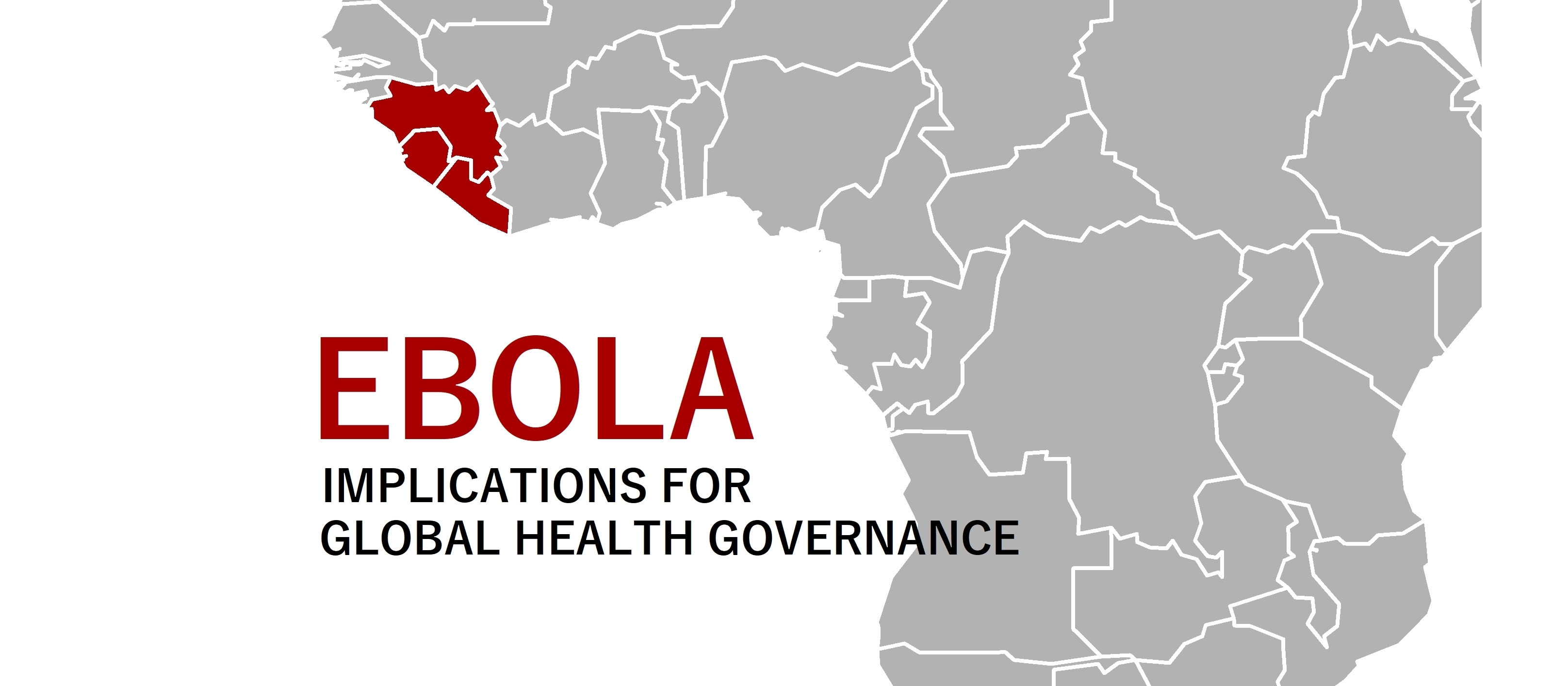By Andrew Price-Smith and Jackson Porreca
In March 2014 an 18 month-old boy died of the Ebola Zaire virus in the town of Meliandou, Guinea, near the porous borders of Sierra Leone and Liberia. The virus would soon spread inexorably throughout these three nations, moving from rural areas to the major cities, and rapidly overwhelming the health care system in these nations. The Ebola epidemic also constituted a significant threat to governance in the affected polities, and the chaos that the virus generated was ultimately deemed to be a threat to national security by policy elites in the region, and to international security by powerful actors including the USA and the United Nations Security Council. The ebola epidemic of 2014-15 also generated considerable socio-political destabilization throughout West Africa. From the index case in Guinea the contagion spread rapidly throughout West Africa, and thereafter it generated a sub-epidemic in Nigeria (20 cases), sparked minor outbreaks in Mali, Senegal, and resulted in small clusters of cases in Spain and the USA. While the international spread of the virus has now been largely contained, the diffusion of cases to Europe and North America illustrates the complexities of global health in the age of complex interdependence. As of September 9, 2015, the international community had witnessed 28,141 cases of Ebola, and circa 11, 291 deaths attributed to the virus.
Problematically, the virus appears to be endemic to portions of sub-Saharan Africa, a zoonosis that appears to exist in reservoirs of bats that range in a belt from West Africa through the DRC over to Uganda. Thus, Ebola cannot be ‘eradicated’ from the region in any conventional sense of the term, and one may reasonably expect sporadic epidemics of the virus in the years to come.
The epidemic revealed many cracks in the systems responsible for global health governance. We argue that persistent problems in global health governance emanate from psychological processes that often affect structural and institutional responses, processes revealed in the Ebola epidemic of 2014-15. Specifically, we argue that effective political responses to contagion are often limited by the Fear/Apathy Cycle, an incessant oscillation between fear-induced (and often draconian) responses to emergent pathogens, and subsequent periods of apathy wherein policy makers (and civil society) become excessively sanguine about threats to public health. We argue that the Fear/Apathy Cycle contributed to the deficient initial response of many international organizations (particularly the World Health Organization), and that the Cycle also contributed to profound problems of governance within affected states during the Ebola epidemic of 2014-15.



Trackbacks/Pingbacks